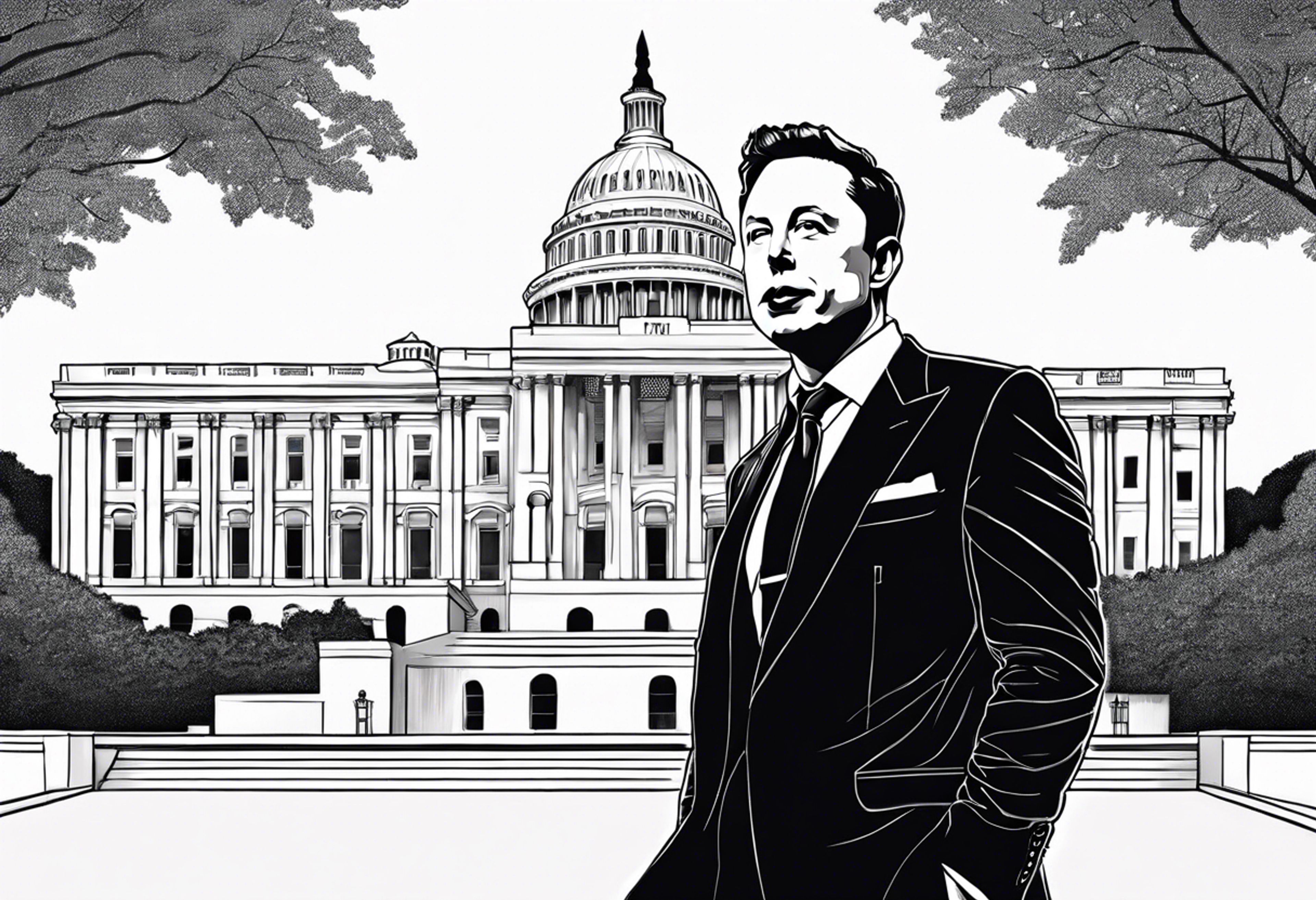EPA's regulations on coal-fired power plants would have devastating results
Last week the U.S. Environmental Protection Agency fired the latest shot in its bombardment of regulations that will increase the cost of energy for every American, kill jobs, and stall our nation's already struggling economic recovery. With its latest new regulation, the Cross-State Air Pollution Rule, EPA is mandating further reductions in the amount of sulfur dioxide and nitrogen oxides power plants can emit -- a rule that will really hit Midwestern states that depend on coal-fired power plants.. ...
Last week the U.S. Environmental Protection Agency fired the latest shot in its bombardment of regulations that will increase the cost of energy for every American, kill jobs, and stall our nation's already struggling economic recovery.
With its latest new regulation, the Cross-State Air Pollution Rule, EPA is mandating further reductions in the amount of sulfur dioxide and nitrogen oxides power plants can emit -- a rule that will really hit Midwestern states that depend on coal-fired power plants.
Many utilities began investing in clean energy technology long before government bureaucrats began writing new regulations and could accommodate the cost of millions of dollars per plant this new mandate will impose if this rule were the only one coming down the pike. Unfortunately, that's not the case. This latest new mandate is just the first of nearly 30 major regulations and more than 170 major policy rules the EPA has in the works.
Recent analysis from the National Economic Research Associates shows that by 2020 the cost of just two of the coming onslaught of regulations the Cross-State Air Pollution Rule and the Utility Maximum Achievable Control Technology rules -- will be the loss of 1.4 million jobs and an averageutility bill increase, of 11.5 percent -- and in some cases, more than 20 percent.
As scary as these numbers are and despite warnings from communities, Congress and industry, there is no study -- especially not from regulation-hungry EPA -- that examines the interrelationship and the cumulative costs of all of the new EPA mandates on jobs, energy costs and the competitiveness of the American economy.
EPA's refusal to study the real-life impact of its agenda seems to fly in the face of President Obama's own attempts to reign in regulatory-happy bureaucrats during our continuing economic crisis. Earlier this year, the president issued an executive order stressing that his Administration's agencies should "tailor its regulations to impose the least burden on society" and take into account, "to the extent practicable, the costs of cumulative regulations," in addition to job creation.
With our national unemployment rate at a still-staggering 9.2 percent, requiring the government to know the actual cost and impact of new regulations is a no-brainer. Instead, EPA seems committed to making coal-fired electric generation so expensive that it will no longer be a viable source of electricity in America. Unless Congress acts to stop runaway EPA bureaucrats, the slew of regulations aimed at power plants will have devastating results, particularly in Missouri, which depends on coal for more than 80 percent of our electricity.
Every time an American family turns on a light switch, heats a home in winter or air conditions that home in the summer, that family will pay higher utility bills. Workers who depend on coal-fired plants for paychecks will face unemployment when plants are closed. Rural communities that depend on tax revenue from utilities to fund schools will struggle to keep doors open for students when coal-fired facilities are shut down due to the cost of complying with EPA's regulatory onslaught. And farmers and businesses -- from the local pharmacy to drugstore -- will face higher energy prices, making it more difficult to stay in business -- let alone create jobs.
As one of the lead negotiators involved in passing landmark bipartisan acid rain reduction legislation, I agree that communities deserve clean air and a healthy economy. But American families, farmers and small businesses also need and deserve affordable and reliable energy. Instead of allowing bureaucrats to impose costly and duplicative regulations that will punish families and businesses, the American people must urge Congress and the President to invest in clean energy technology for the future, zero-carbon nuclear power, low-carbon biofuels, clean coal technology, exploration for clean-burning natural gas, efficiency incentives, even wind and solar if they make economic sense. We must tap our own vast oil reserves. Only in pursuing an "all of the above" energy policy will Americans have an affordable, reliable and clean energy future.
Kit Bond is a former U.S. senator representing Missouri.
Connect with the Southeast Missourian Newsroom:
For corrections to this story or other insights for the editor, click here. To submit a letter to the editor, click here. To learn about the Southeast Missourian’s AI Policy, click here.









